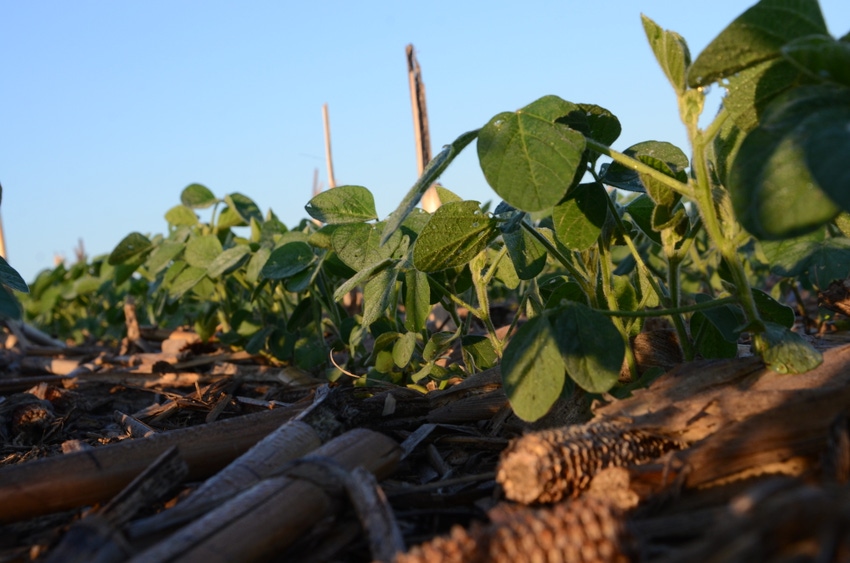
It's easy to let your mind slip to the 'hardware' of agriculture when talking about tech. Farming is a business built on innovative equipment, but as most know there's a 'software' side too: biotech and crop protection. Two areas getting more attention include gene editing and biologicals for crop protection.
Gene editing is a more precise way to develop new crops with higher yields and improved performance, and every major player in the seed business is looking into the technology. As biotechnology science has advanced, it has brought a better understanding of DNA and RNA, critical cellular building blocks. Using these tools gene editing goes to a new level.
"It may sound strange but the technology to edit genes has been around for some time, but it was very expensive," says Michiel van Lookenen Campagne, head of seeds research, Syngenta, which has been working with the tech since 2010.
Development of CRISPR-Cas9 is changing the rules of gene editing. CRISPR stands for Clustered Regularly Spaced Short Palindromic Repeats, which is a part of the bacterial immune system in a cell. What scientists found, after discovering CRISPR, is that by engineering RNA as a guide, they could snip out parts of DNA to change plant performance. Essentially, it's like genetic scissors that take out what's not needed.
Recently, Syngenta closed a deal with Broad Institute, holders of the rights to CRISPR-Cas9 - a specific and lower cost method for gene editing. "As part of our Good Growth Plan, we want to improve productivity of our crops 20% by 2020," says van Lookeren Campagne. That goal includes using all tech, but he adds that CRISPR-Cas9 will help achieve that goal.
Biological road
Another area with great potential is biologicals. While readers may have heard about biologicals for some time, they should know that essentially no challenge in crop protection is too much for this approach. Pam Marrone, Marrone Bio Innovations, is a believer and her company has developed bio-based tools for controlling crop diseases, insects, and even weeds.
One example is Venerate, which is an insect growth regulator. "It is a new mode of action using dead bacteria and a cocktail of compounds from the bacteria," she explains. "It stops the insect from developing." The product has, in fact, outperformed chlorpyrifos - a traditional insecticide currently under environmental review. Venerate can also be used in conjunction with chlorpyrifos to help reduce use of the traditional chemical.
"There is a measured way to reduce the use of a chemical, and biologicals can play a role in that process too," Marrone says. The evolving world of biologicals is the focus of a number of companies with major firms including BASF, FMC and Monsanto making investments in product development.
About the Author(s)
You May Also Like




